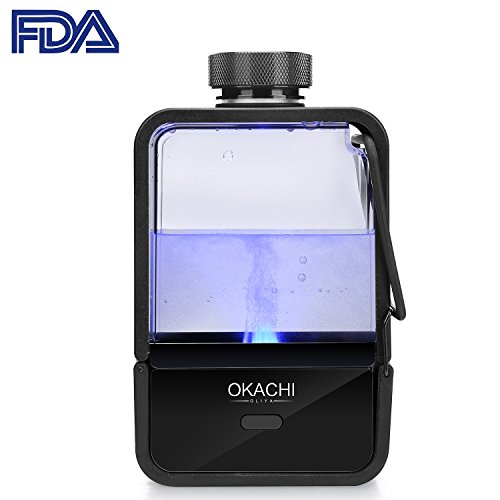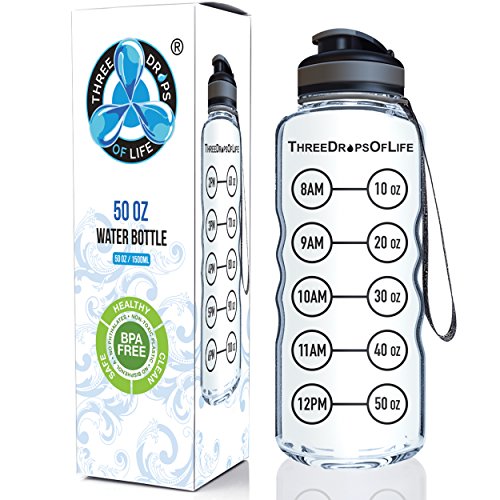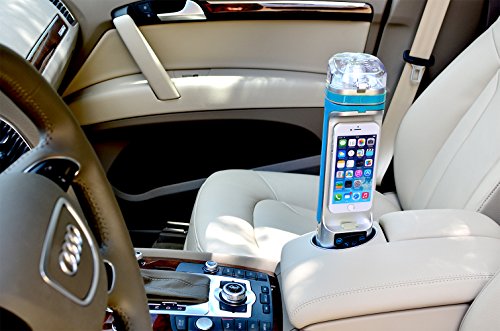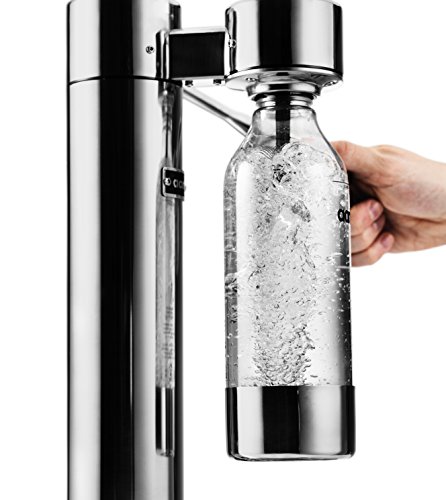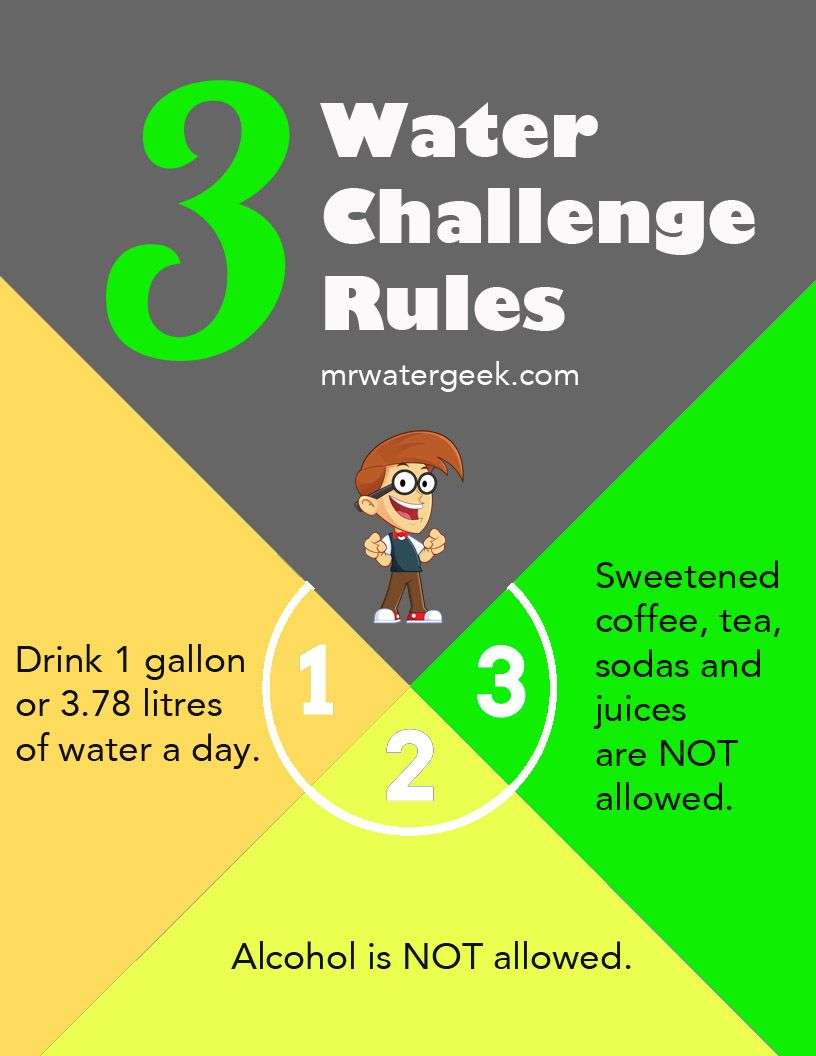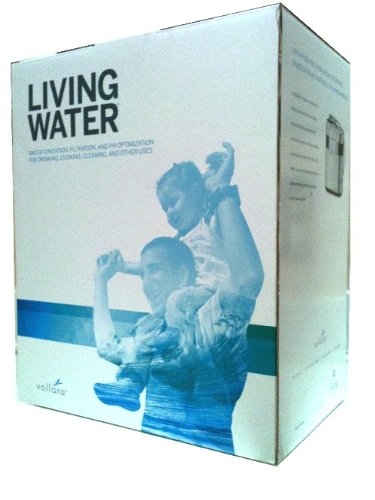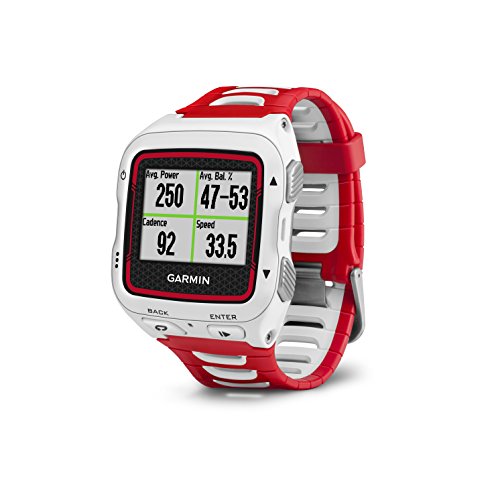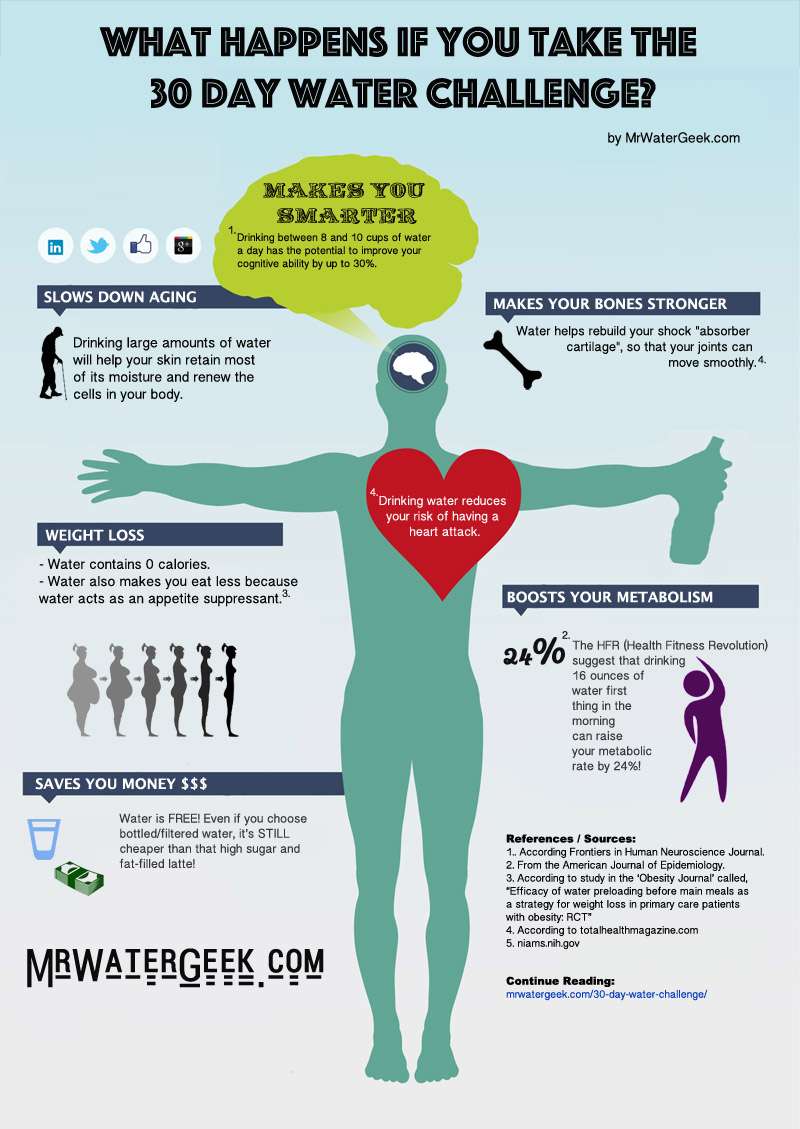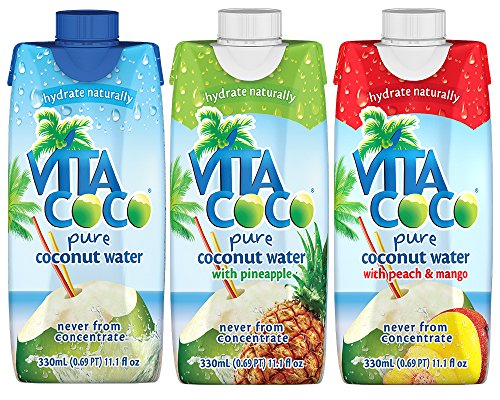Most of us know that water is not only necessary but good for our health but do you know there are specific benefits to drinking water for weight loss?
In fact, 30-59% of American adults who try to lose weight do so by increasing their water intake.
Many other studies show that drinking more water can benefit weight loss and long-term weight management.
Bottom line: Water can be really useful to lose weight.
It is 100% free of calories, helps you burn more calories and can even suppress your appetite if you have it before meals.
The benefits are even greater when you replace sugary drinks with water. This makes it is a very easy way to reduce sugar and calories in your diet overall.
However, keep in mind that you will probably need to do a lot more than simply drink water if you need to lose a large amount of weight.
Water is just one, very small but significant piece of the puzzle. Continue reading to learn how it can help you start losing weight today.
Benefits of Drinking Water for Weight Loss
1. Drink Water Before Meals To Reduce Your Appetite
Some people claim that drinking water before a meal reduces appetite.
Actually, there seems to be some truth behind this, but almost exclusively in middle-aged and older adults.
- One study shows that overweight and obese middle-aged participants who drank water before each meal lost 44% more weight, compared to a group that did not drink more water.
- Other studies of older adults have shown that drinking water before each meal can increase the amount of weight loss by 2kg (4.4 lbs) over a 3-month period.
- Another study also shows that people who drink water before they have breakfast reduce the number of calories they consume during the meal by 13%.
- Although it is possible that this can benefit middle-aged and older people. Studies with younger people do not show the same impressive reduction in calorie intake.

KEY POINT: Drinking water before your meal can reduce appetite. Especially in people who are middle-aged and older people. This decreases the intake of calories, which leads to weight loss.
2. Drinking More Water Can Reduce Calorie Intake and Create a Lower Risk of Weight Gain
Since water is naturally calorie-free, it is usually related to reduced caloric intake.
This is mainly because you will eventually drink water instead of other drinks, which are often high in calories and sugar.
Observational studies show people who mainly drink water have an average calorie intake that is typically less than 200 calories (or 9%).
Drinking water can also help prevent long-term weight gain. In general, the average person adds an extra weight amount of approximately 1.45 kg (3.2 lbs) every 4 years.
This amount can be cut down by:
- Replace all beverages with water: Making water the substitute for a single can serving of sugar-sweetened beverage may reduce your typical 4-year weight gain by around 0.5 kg (1.1 lbs).
- Add one cup of water: By simply increasing your daily water intake by 1 cup you may be able to reduce any future weight gain by 0.13 kg (0.23 lbs).
- It is especially important to encourage children to drink water, as it can help them avoid being overweight or obese. A recent study, based at the school, aimed to reduce obesity rates by encouraging children to drink water. They installed water sources in 17 schools and provided classroom lessons on water consumption for second and third-grade students. After one school year, the risk of obesity was reduced by 31% in schools where water consumption was increased.

KEY POINT: Drinking more water can reduce caloric intake and reduce the risk of long-term weight gain and obesity, especially in children.
3. Drinking Water Can Help Burn More Calories
Most of the studies listed in this article look at the effect of consuming a 17-oz (0.5-liter) serving of water.
Drinking water raises the amount of calories that you burn. This is also known as resting energy expenditure.
- In adults, resting energy expenditure has been shown to increase by 24-30% in 10 minutes of drinking water. This lasts at least 60 minutes.
- Supporting this is another a study of obese and overweight children found a 25% increase in resting energy expenditure after drinking cold water.
- A study of overweight women examined the effects of increasing water intake by more than 1 liter (34 oz) per day. They found that over a period of 12 months, this resulted in an additional weight loss of 2 kg (4.4 lbs). Since these women did not make any lifestyle changes, except to drink more water, these results are very impressive.
- In addition, both studies indicate that drinking 0.5 liters (17 ounces) of water results in an additional 23 calories burned. On an annual basis, that adds up to approximately 17,000 calories or more than 2 kg (4.4 lbs) of fat.
- There are many more studies that monitor overweight people who drank 34-50 oz (1-1.5 liters) of water daily for a few weeks. The findings show a significant reduction in weight, BMI (Body Mass Index), waist circumference and overall body fat.

These results can be even more impressive when the water is cold. When you drink cold water, your body uses extra calories to heat the water to body temperature.
How Much Water to Drink For Weight Loss?
There are many health blogs and authorities that recommend you drink eight glasses of water of 8 ounces (about 2 liters) per day.
However, this number is completely bogus and not based on any scientific fact.
As with so many things, the water requirements depend completely on the individual. For example, people who do a lot of sweating or regularly take part in physical activities may need more water than those who are not very active.
Older people and mothers who are breastfeeding may also need to control their water intake more closely.
Keep in mind that you also get water from many foods and beverages, such as coffee, tea, meat, fish, milk and especially fruits and vegetables.
Mr.Water Geek Thinking
As a general rule, you should always drink water when you are thirsty and drink enough to quench your thirst.
If you get a headache, are in a bad mood, are constantly hungry or have trouble concentrating, you may suffer from mild dehydration. Drinking more water can help solve this.
According to studies, drinking 1-2 liters of water per day should be enough to help you lose weight.
If you get a headache, are in a bad mood, are constantly hungry or have trouble concentrating, you may suffer from mild dehydration. Drinking more water can help solve this.
According to studies, drinking 1-2 liters of water per day should be enough to help you lose weight.
Also, it is not recommended to drink a lot of water, as it can cause water toxicity. This has even caused death in extreme cases, such as during water consumption contests.
BOTTOM LINE: According to studies, 1-2 liters of water per day is enough to help with weight loss, especially when consumed before meals.
Scientific References
Jordan J, Shannon JR, Grogan E, Biaggioni I, Robertson D. A potent pressor response elicited by water drinking in humans. Lancet. 1999;353:723.
Casazza, K., Brown, A., Astrup, A. et al. Weighing the evidence of common beliefs in obesity research. Crit Rev Food Sci Nutr. 2014
Boschmann M, Steiniger J, Hille U, Tank J, Adams F, Sharma AM, et al. Water-induced thermogenesis. J Clin Endocrinol Metab. 2003;88:6015–9.
Dennis, E.A., Dengo, A.L., Comber, D.L. et al. Water consumption increases weight loss during a hypocaloric diet intervention in middle-aged and older adults. Obesity. 2010; 18: 300–307
Stucchi P, Cano V, Ruiz-Gayo M, Fernández-Alfonso MS. Aliskiren reduces body-weight gain, adiposity, and plasma leptin during diet-induced obesity. Br J Pharmacol (2009) 158:771–8.10.1111/j.1476-5381.2009.00355.x
Akers, J.D., Cornett, R.A., Savla, J.S., Davy, K.P., and Davy, B.M. Daily self-monitoring of body weight, step count, fruit/vegetable intake, and water consumption: A feasible and effective long-term weight loss maintenance approach. J Acad Nutr Diet. 2012; 112: 685–692.e2





